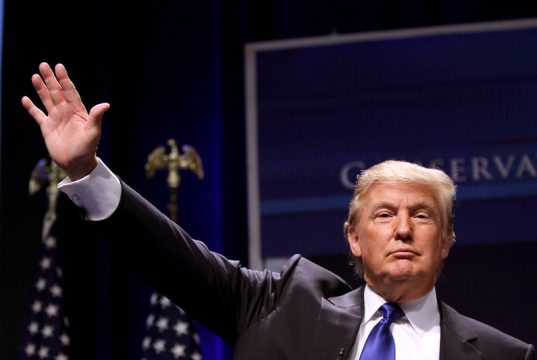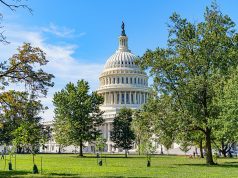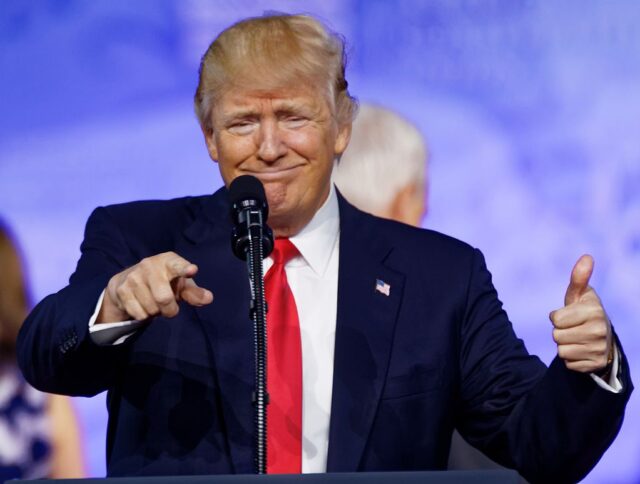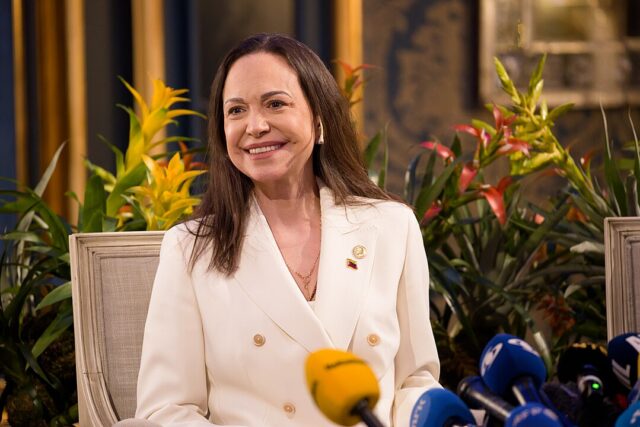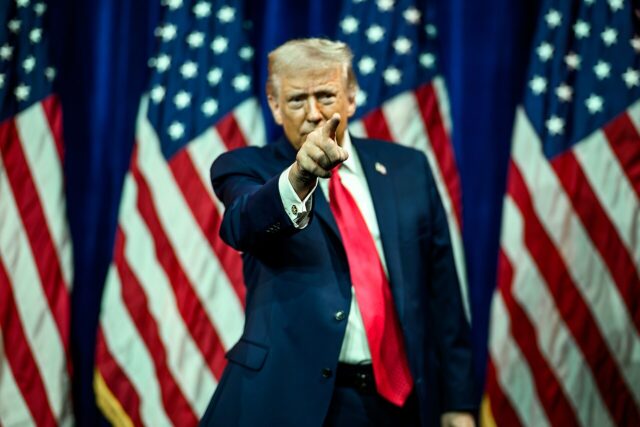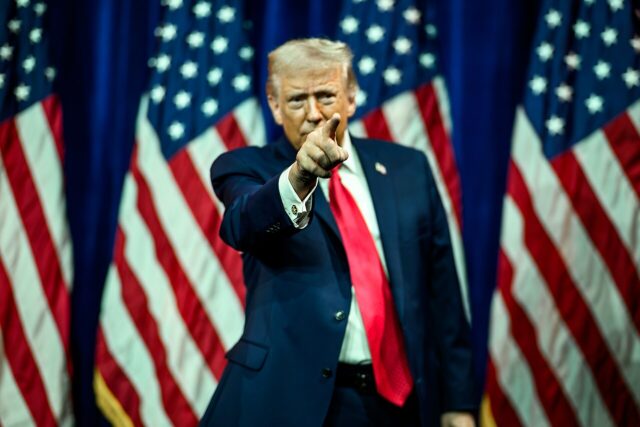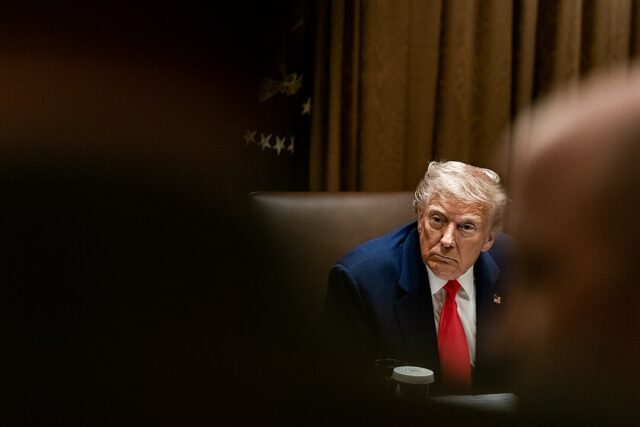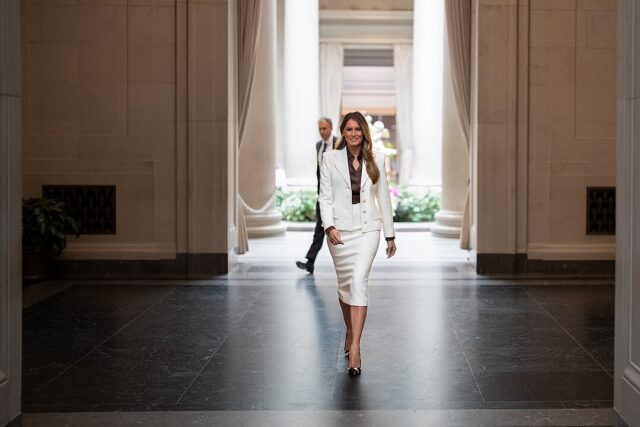Trump Says GOP Has a ‘Good Bench’ for 2028—But Won’t Name a Successor Yet
President Trump says Republicans are well-positioned for the future—and that the party has a deep lineup of potential leaders ready to carry the America First agenda into 2028.
In an interview airing Wednesday night on NewsNation’s “Katie Pavlich Tonight,” Trump was asked whether he sees a clear successor who could continue his legacy in the White House.
“I hope so,” Trump said. “And we certainly have a good bench. We have some very talented people.”
While the president acknowledged he has early favorites, he declined to name any one candidate this far out.
“I do, but it’s so early,” Trump told Pavlich. “I don’t like to [say].”
Trump Highlights Key Leaders Driving the Agenda
When pressed for names, Trump pointed to the strength of his administration and the results his team is delivering—especially on issues central to Republican voters, including border security, economic recovery, and restoring America’s standing abroad.
“Look, we have great people,” Trump said. “I’m not just talking about one or two—we have so many great people.”
Asked again who specifically stood out, Trump singled out several of the most prominent figures in his circle:
- Vice President JD Vance, whom Trump credited with strong leadership and loyalty to the MAGA coalition
- Secretary of State Marco Rubio, a familiar and experienced voice on foreign policy
- Treasury Secretary Scott Bessent, who has been a key figure in Trump’s economic team
Trump also praised officials leading the administration’s crackdown on illegal immigration and security efforts:
- Tom Homan, Trump’s border czar and a longtime advocate of tougher enforcement
- Homeland Security Secretary Kristi Noem, who has taken a visible role in administration security priorities
“I could name 20 people that are phenomenal,” Trump added.
A Sign of Confidence—and a Message to Voters
Trump’s remarks are being read by many Republicans as a clear message: the GOP is not just a one-man movement. While Trump remains the dominant figure in conservative politics, his comments suggest the broader America First bench is expanding—a sign of stability and staying power for the party beyond any single election cycle.
In recent years, Republican voters have increasingly prioritized candidates who will:
- fight the administrative state rather than manage it
- take border enforcement seriously
- resist “forever war” foreign policy
- challenge corporate-media narratives instead of courting them
Trump’s list reflects that shift and highlights Republicans who have gained credibility with the base through real governance and public-facing leadership.
Midterms: Republicans Eye a Comeback in 2026
The comments come as Republicans begin gearing up for the 2026 midterms following setbacks in last year’s elections. Democrats and their allied media have tried to portray those results as a long-term trend—yet history suggests otherwise.
Trump himself addressed the challenge in an earlier Fox News interview, noting that the party in power “always loses” seats in midterm elections. That pattern has been true for decades and reflects voter turnout dynamics and backlash politics more than any permanent realignment.
A new Emerson College poll shows Democrats leading a hypothetical generic ballot matchup at 48.1% to 41.7%, with 10.2% undecided. But Republicans caution that early polling—especially this far from Election Day—often fails to capture likely-voter turnout, local issues, and late-breaking shifts that typically determine midterms.
Bottom Line
Trump may not be naming a successor yet, but he’s signaling something important: the Republican Party has depth, talent, and rising leaders ready to keep building on the movement voters started in 2016.
For Republicans focused on winning in 2026—and holding the line against Democrats’ spending agenda, cultural policies, and bureaucratic overreach—Trump’s message was simple: the team is strong, and the fight isn’t slowing down.


